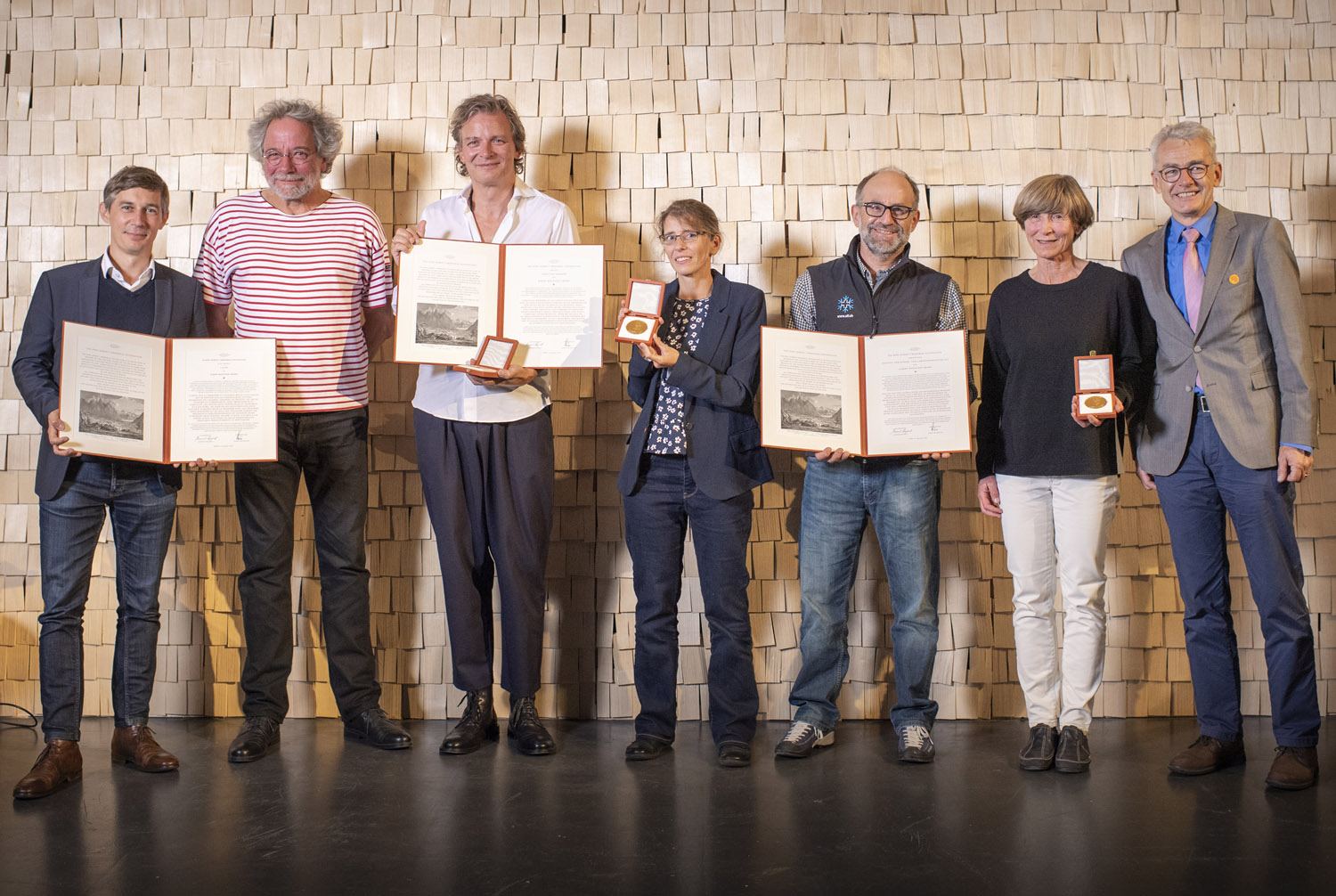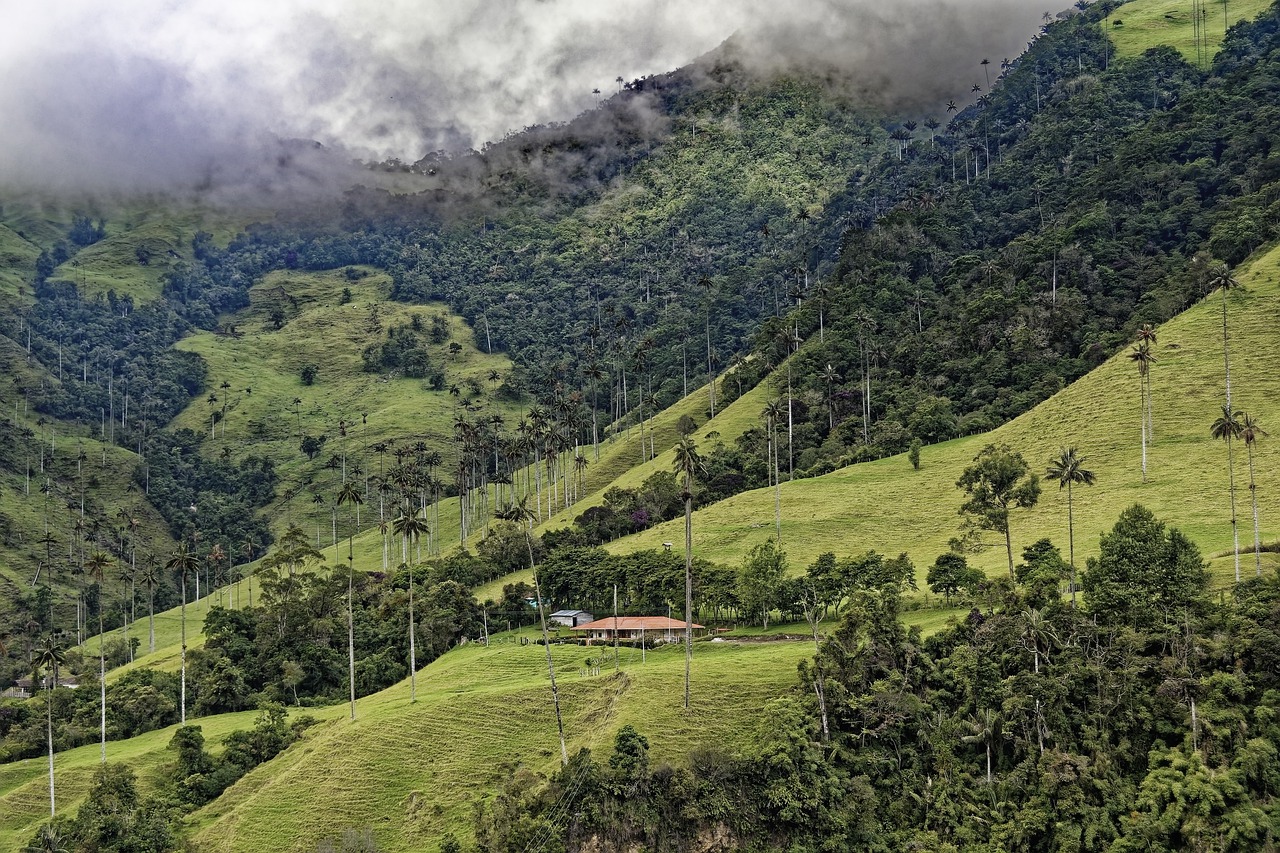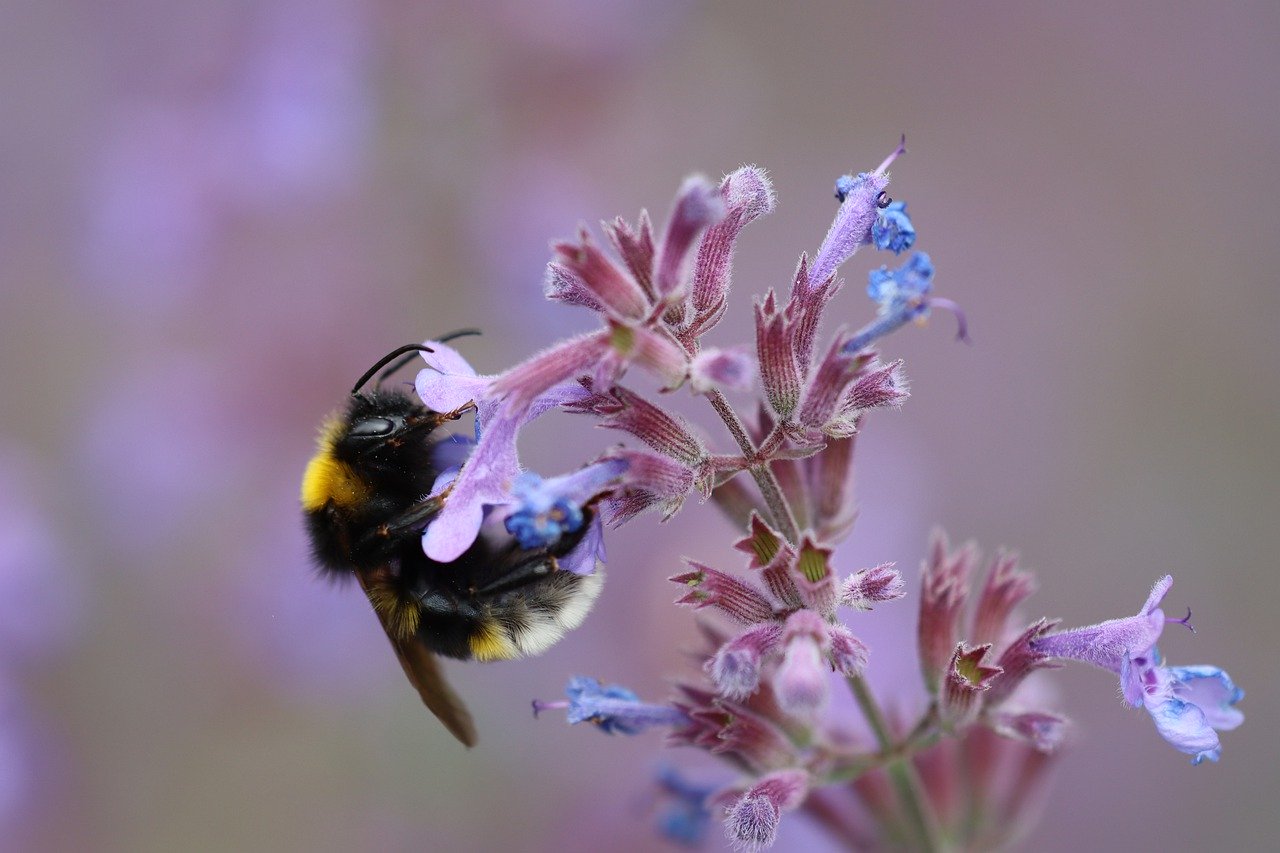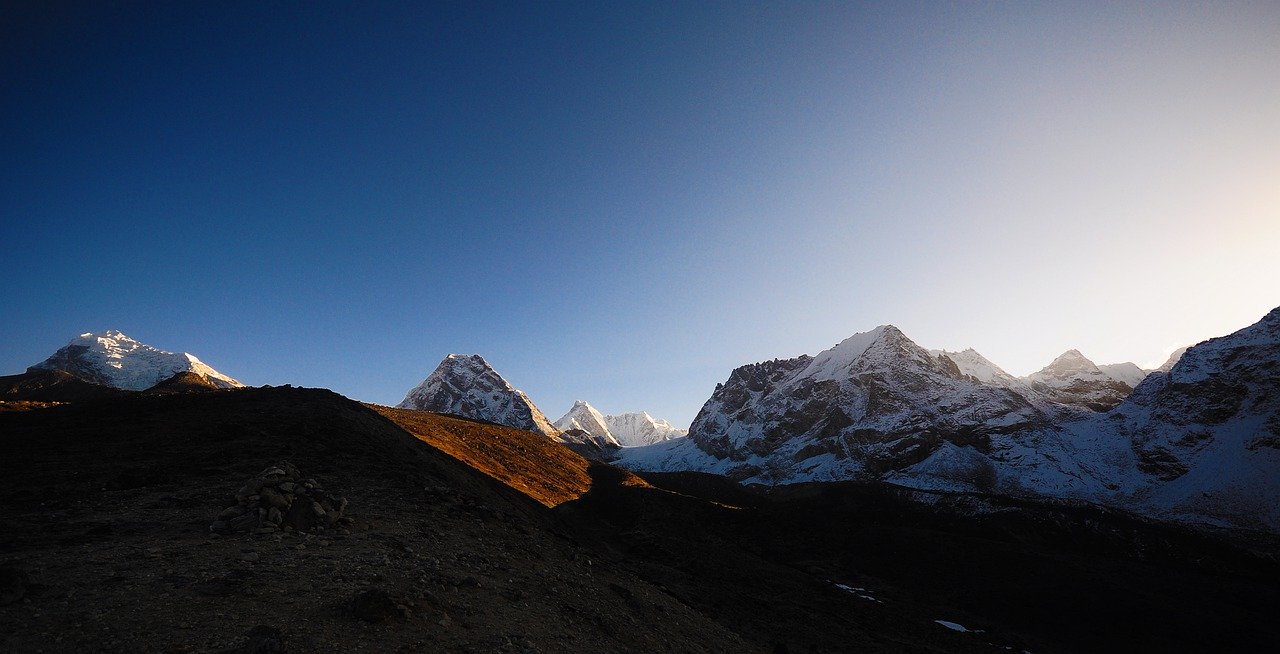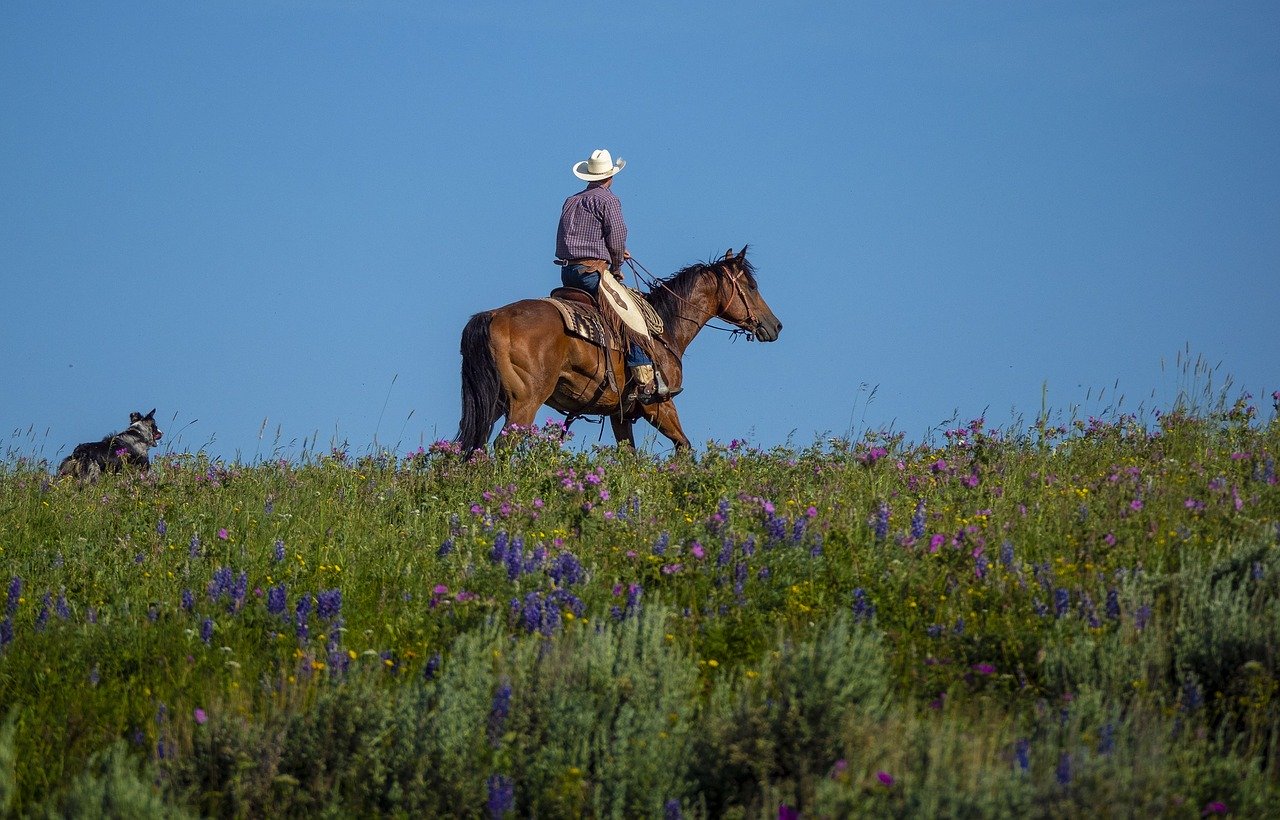Global News
- Details
- Category: Global News
At the 2020 Albert Mountain Awards ceremony in Bern, the WSL Institute for Snow and Avalanche Research SLF was recognized for its outstanding contribution to avalanche prevention. Other recipients of the 2020 awards were the magazine L'Alpe and the Swiss musician Christian Zehnder.
The King Albert I Memorial Foundation Albert Mountain Awards take place every two years, and are granted to people and institutions that have made exceptional and lasting contributions to the preservation of the mountains of the world – whether through research, conservation, development, arts and culture, or mountaineering.
- Details
- Category: Global News
Mobilizing global sustainable science action is imperative if we are to realize the 2030 Agenda. The International Science Council is currently running a call for inputs to shape a priority action agenda for science. Deadline for participation is 2 October 2020
With just ten years to go to achieve the 17 Sustainable Development Goals (SDGs) of the UN’s 2030 Agenda, science funders from around the world have asked the International Science Council (ISC) to convene the insights and ideas of the broader global scientific community on the critical priorities for science that will support and enable societies to accomplish the goals by 2030. The ISC is looking to hear from scientists in all fields and all disciplines, including the natural, social, and human sciences.
- Details
- Category: Global News
As part of the MRI's mission to promote global change mountain research, we are excited to bring visibility to the six projects that form the Belmont Forum’s ‘Mountains as Sentinels of Change’ program by highlighting a different one each month.
What are the key factors that enabled a successful water fund in Colombia to work with over 1000 families to protect more than 2000 km of streams and conserve or restore nearly 10,000 ha of forest – even in the broader context of armed conflict and widespread distrust? This month's featured project from the Belmont Forum's 'Mountains as Sentinels of Change' program is ClimateWIse. Read this blog post – first published on The Nature Conservancy's 'Cool Green Science' website – for a glimpse into their activities.
- Details
- Category: Global News
Despite encouraging progress in several areas, the natural world is suffering badly and getting worse. Eight transformative changes are urgently needed to ensure human well-being and save the planet, the UN warns in a major report.
The report comes as the COVID-19 pandemic challenges people to rethink their relationship with nature, and to consider the profound consequences to their own wellbeing and survival that can result from continued biodiversity loss and the degradation of ecosystems.
- Details
- Category: Global News
Concentrations of greenhouse gases in the Earth’s atmosphere are at record levels, and emissions that saw a temporary decline due to the pandemic are heading towards pre-COVID levels, while global temperatures continue to hit new highs. This is according to a major new report highlighting the increasing and irreversible impacts of climate change, and their significant implications for life on Earth. The report also features key messages on the cryosphere, taken from the IPCC SROCC, to which the MRI community contributed.
Climate change has not stopped for COVID19. Greenhouse gas concentrations in the atmosphere are at record levels and continue to increase. Emissions are heading in the direction of pre-pandemic levels following a temporary decline caused by the lockdown and economic slowdown. The world is set to see its warmest five years on record – in a trend which is likely to continue - and is not on track to meet agreed targets to keep global temperature increase well below 2 °C or at 1.5 °C above pre-industrial levels.
- Details
- Category: Global News
The Adaptation at Altitude (AaA) programme has created a new online space on climate change adaptation in mountains that actors working on this topic can use to share their findings, learn from others, discuss challenges and shared issues, and announce events.
This space is hosted on the climate change adaptation knowledge platform weADAPT.org, and is free and open for all to use. It ultimately aims to support a community of practice and open space for researchers, practitioners, and policymakers working at all levels to connect with each other and share and discuss insights from their work.
- Details
- Category: Global News
Distinct psychological mix associated with mountain populations is consistent with the theory that harsh frontiers attracted certain personalities.
When historian Frederick Jackson Turner presented his famous thesis on the US frontier in 1893, he described the “coarseness and strength combined with acuteness and acquisitiveness” it had forged in the American character. Now, well into the 21st century, researchers led by the University of Cambridge have detected remnants of the pioneer personality in US populations of once inhospitable mountainous territory, particularly in the West.
- Details
- Category: Global News
Ice cores preserve evidence of rare but impactful changes in Earth’s history, often called 'black swan' events, as well as smaller environmental changes.
Lonnie Thompson and Ellen Mosley-Thompson at The Ohio State University have been studying ice cores from around the world for over 30 years. They collect, store and study ice cores to understand the history of the Earth’s climate and preserve them for future scientists. In this interview, they explain how ice cores preserve evidence of rare but impactful changes in Earth’s history, often called 'black swan' events, as well as smaller environmental changes and why it is necessary to preserve the ice cores and the glaciers they come from.




